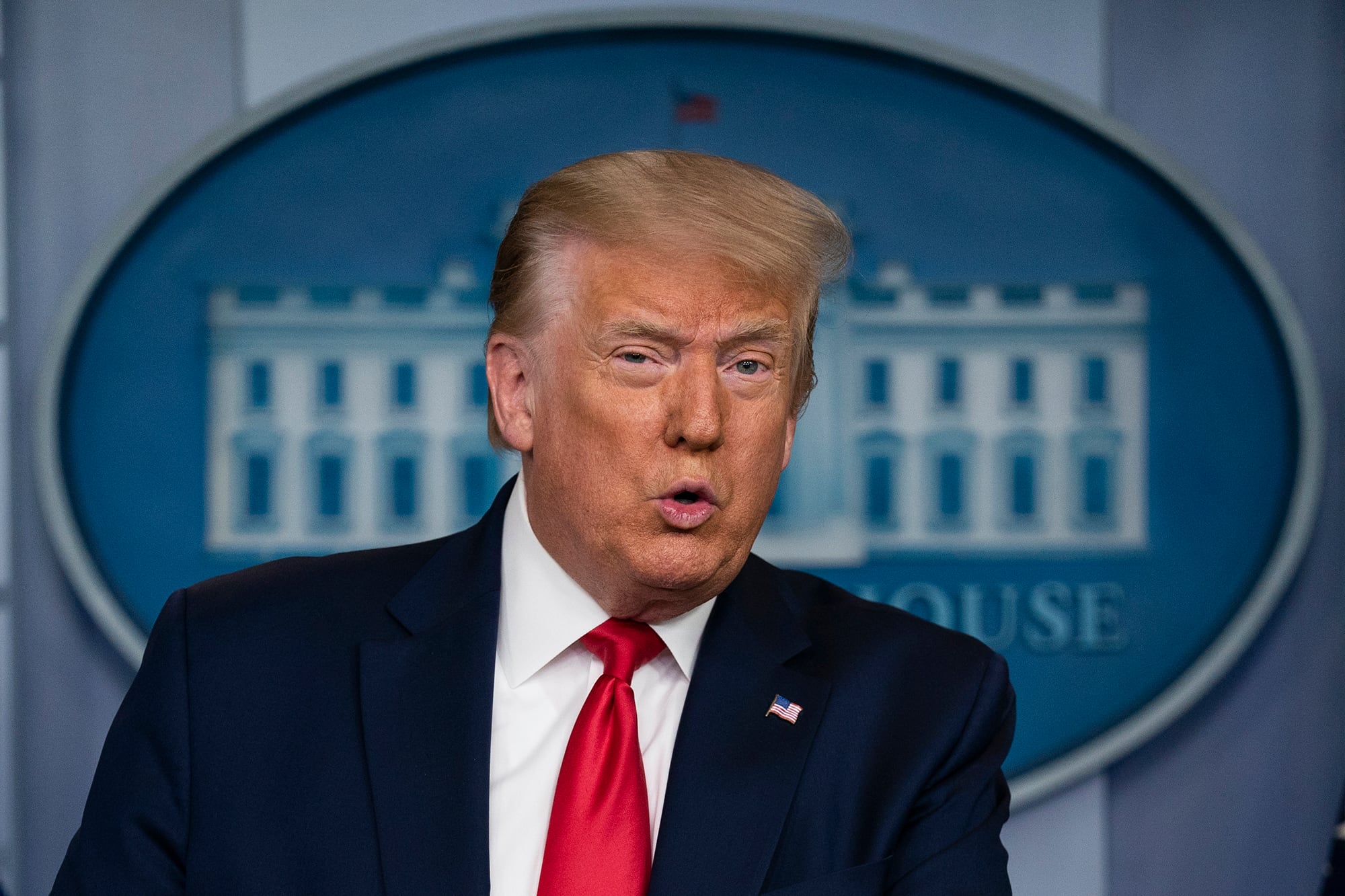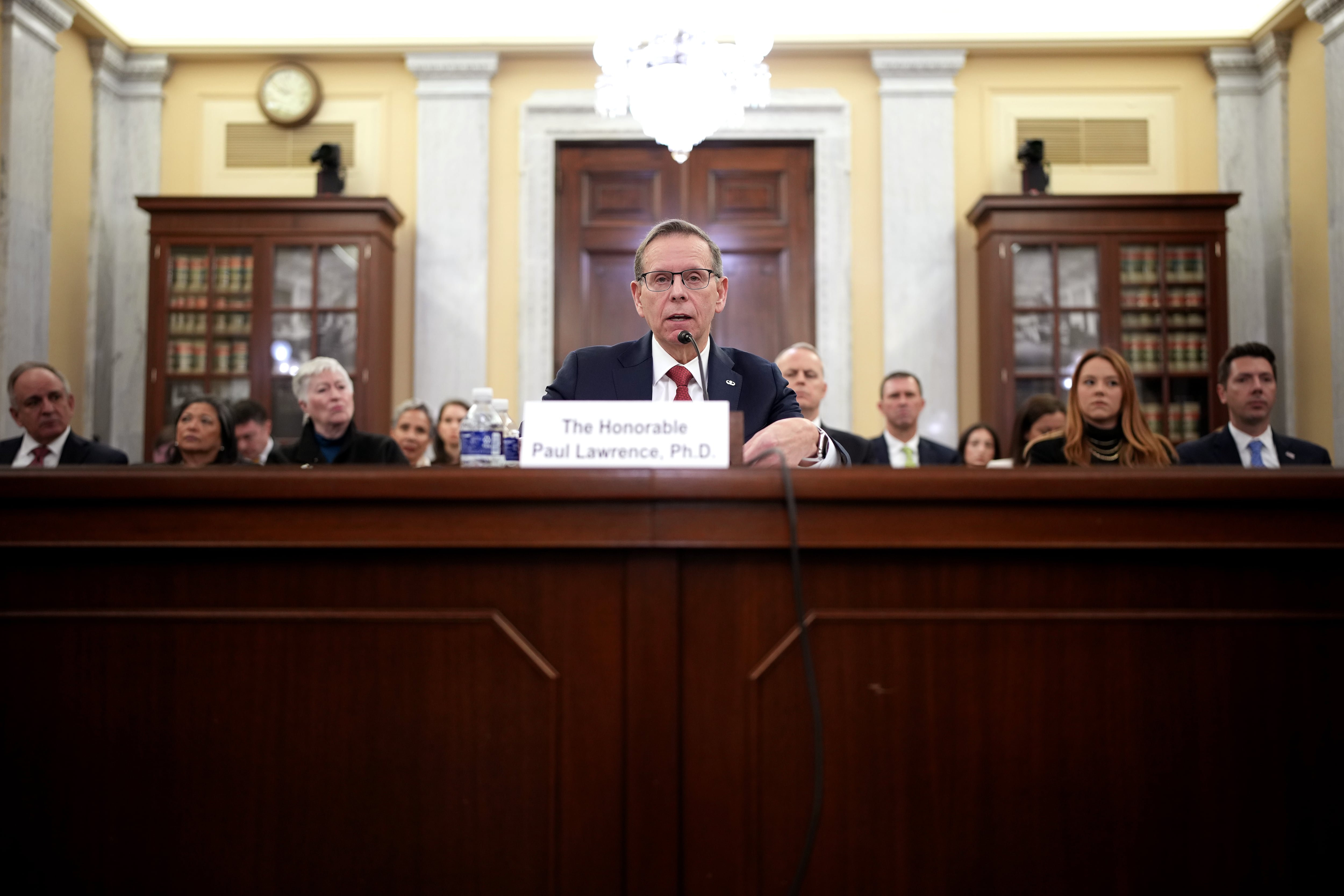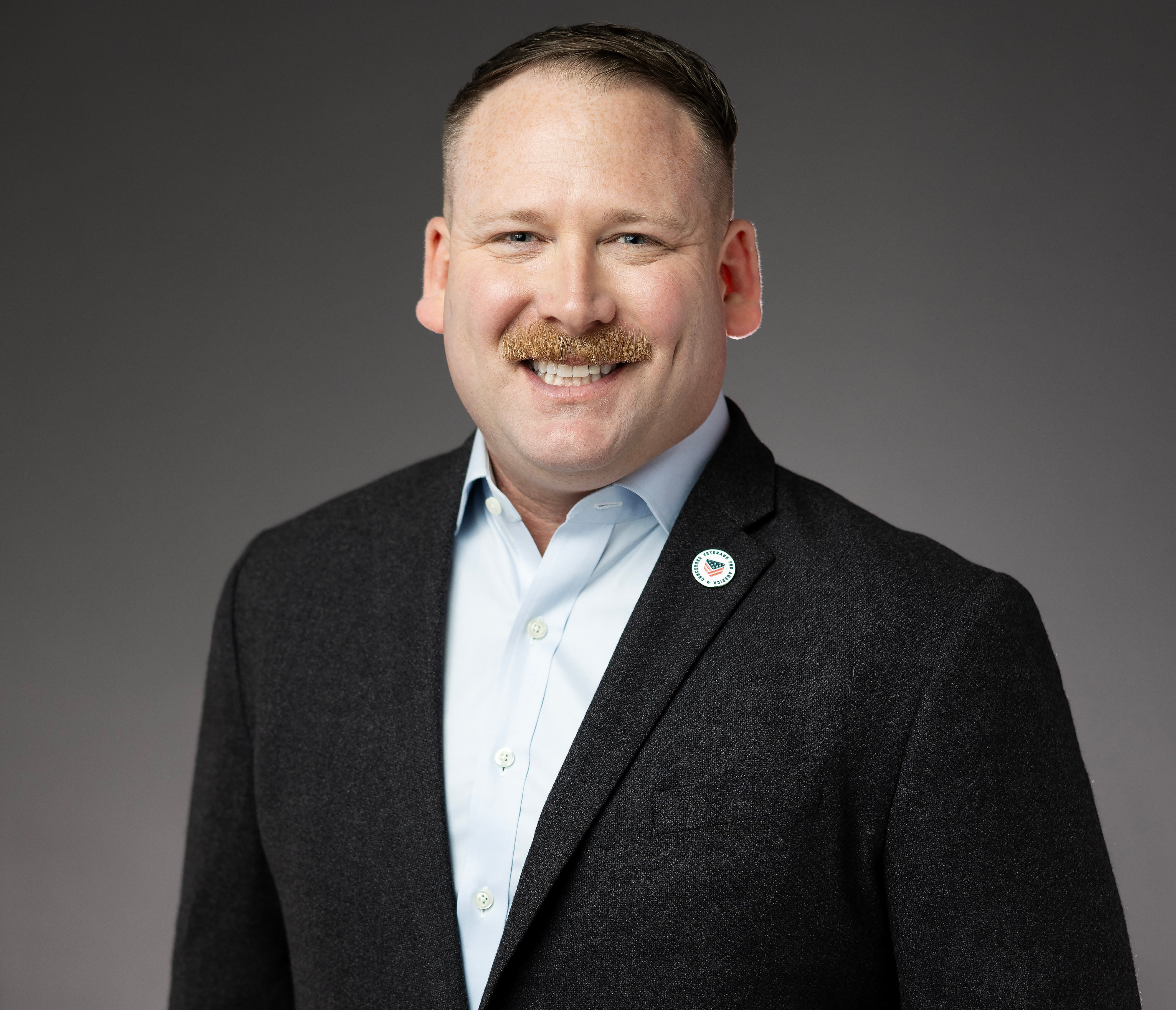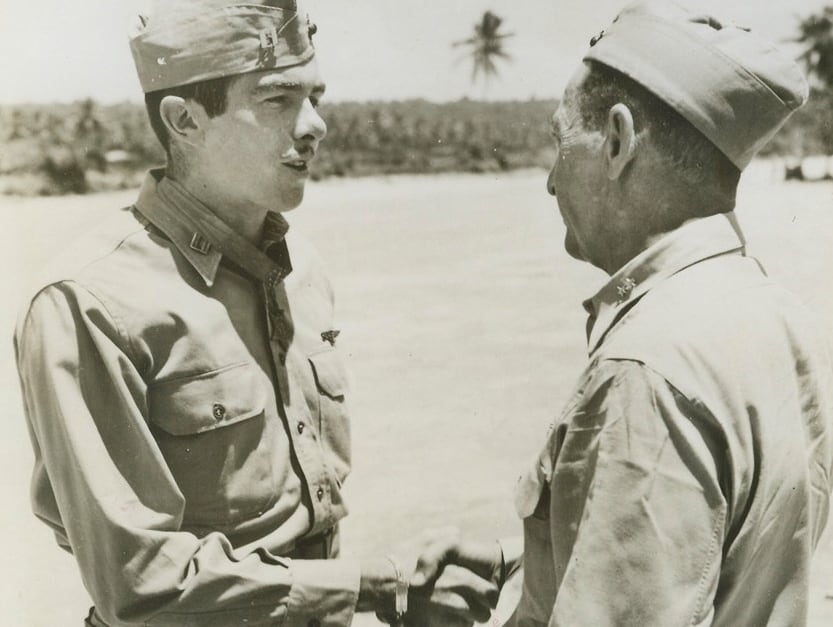The Pentagon’s top spokesman said Thursday that the Defense Department is hopeful that peace talks in Afghanistan will play out and conditions will be met that allow NATO troops stationed there to withdraw according to the White House’s direction. But he stopped short of confirming President Donald Trump’s assertion that they were looking at halving the number of troops in the next three months.
Trump, in an interview with Axios released Monday, asserted that he expects thousands more troops to draw down from Afghanistan before the Nov. 3 election, but DoD spokesman Jonathan Hoffman declined to comment on any plans.
“[I’m] not going to get into orders or direction that has been given,” he told reporters, adding that any additional information on troop levels would be shared “at an appropriate time.”
Trump, in the Axios interview, said that the U.S. is working on a deal that would drop troop levels from 8,500 to between 4,000 and 5,000.
“We’re going down to 4,000, we’re negotiating right now,” Trump said.
Currently, there are roughly 3,000 fewer troops in Afghanistan than when Trump took office, and he has made withdrawing from that war a cornerstone of his presidency.
“I’ve done things that no other president has done,” he said. “We should have never been in the Middle East. To get into the Middle East was the single biggest mistake made in the history of our country.”
At the same time, DoD has worked with the State Department to be part of a responsible, diplomatic plan that would reduce Taliban violence while also supporting the Afghan government and NATO allies who have deployed for nearly two decades alongside U.S. troops.
“We came to Afghanistan together, we fought together, we’ll adjust together and ― if conditions are met ― we’ll end up leaving together,” Hoffman said.
The kicker for any withdrawal of U.S. troops has always been the term “conditions-based.”
RELATED

“The president’s direction on this has been very clear and the department is moving to effectively implement that guidance,” Hoffman said.
Among those conditions are putting a stop to attacks on U.S. troops, releasing prisoners of war and ― perhaps most importantly ― ending any al-Qaida relationship that might give the group safe haven in Afghanistan.
“Despite recent progress in the peace process, [al-Qaida] maintains close ties to the Taliban in Afghanistan, likely for protection and training,” according to DoD’s semi-annual Enhancing Security and Stability in Afghanistan report, released July 1.
Hoffman said that although DoD has nothing to add to Trump’s previous statements, the department is hopeful.
“I would say we’re optimistic,” he said. “From our side, the Taliban has abided by the reduction in attacks on U.S. forces, and they’ve followed through on some of the prisoner releases.”
Meghann Myers is the Pentagon bureau chief at Military Times. She covers operations, policy, personnel, leadership and other issues affecting service members.





